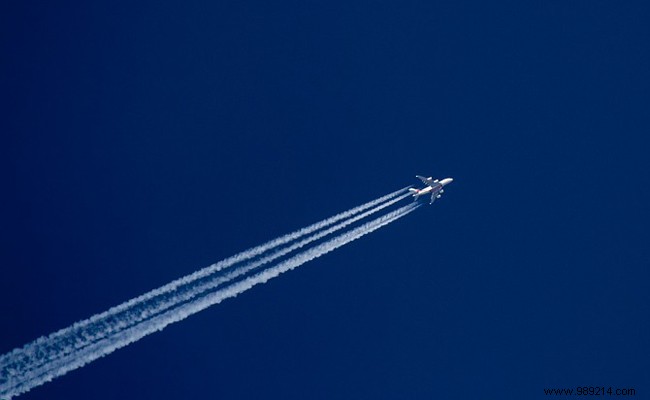Jet lag disrupts the internal body clock for most travelers on flights exceeding three hours. Our circadian rhythm follows a 24-hour cycle, and crossing time zones throws off sleep, meals, daily activities, and even stress responses. Here are proven strategies to minimize its impact.

Jet lag stems from desynchronizing the body's biological clocks after crossing at least three time zones. This abrupt change leads to imbalances in wakefulness and sleep, causing fatigue, irritability, insomnia, difficulty falling asleep, and even physical discomfort for many.
Those with rigid routines or over 50 are hit hardest. Effects can appear immediately or linger. For flights over five hours, it takes at least two days to reset sleep-wake cycles, and 15-20 days for full physiological recovery.
Direction matters: Westward trips (lengthening the day) are easier, needing about one day per time zone shifted. Eastward flights are tougher, with symptoms potentially lasting months.
Prepare ahead with these evidence-based habits. Prioritize quality sleep before departure—a short afternoon nap can prime adaptation to new schedules.
Avoid alcohol before and during travel, as it fragments sleep. Stay hydrated with extra water to counter dehydration from sleep loss and cabin air. Opt for light meals or fasting on the plane; use coffee sparingly to stay alert.
Light therapy, moderate exercise beforehand, and relaxation techniques enhance sleep quality and resilience. Use sleeping pills sparingly, only occasionally.
At your destination, adapt based on stay length. For longer trips, embrace local daylight, meals, and wake times. For short visits, stick to home rhythm. Arriving in the evening helps: dine, then sleep to align quickly.